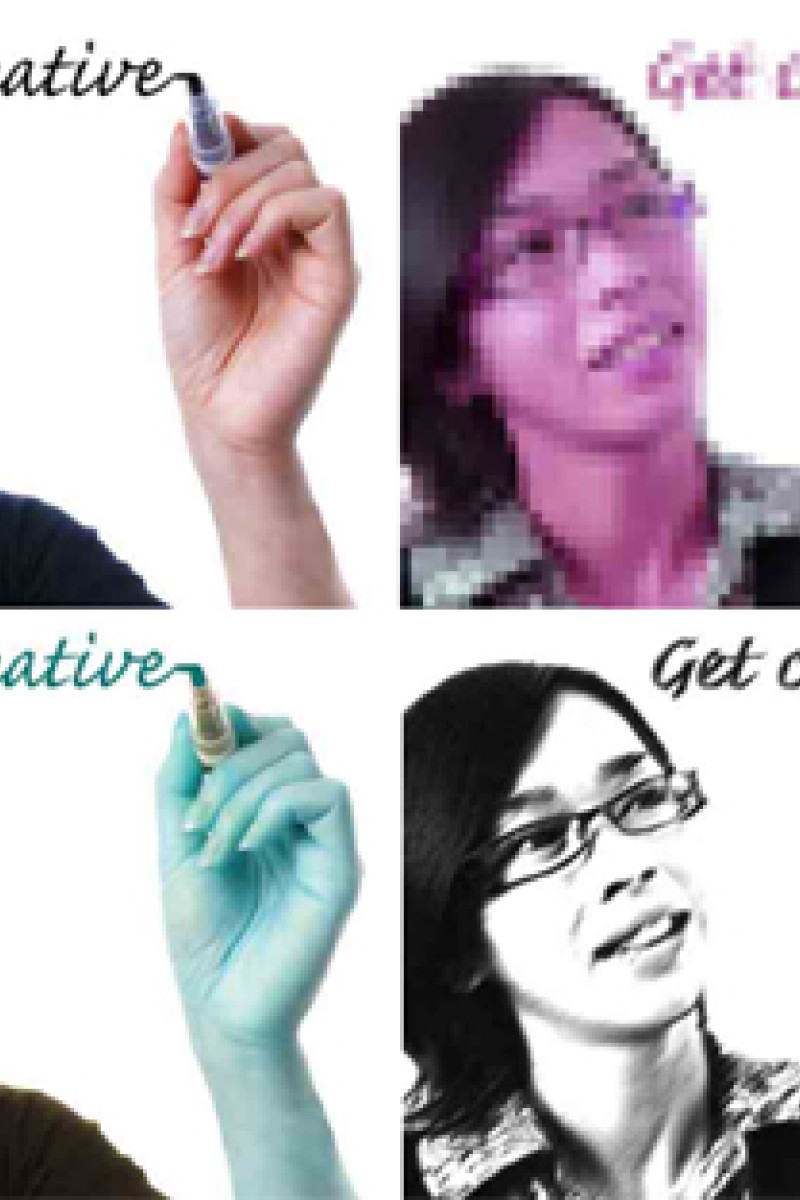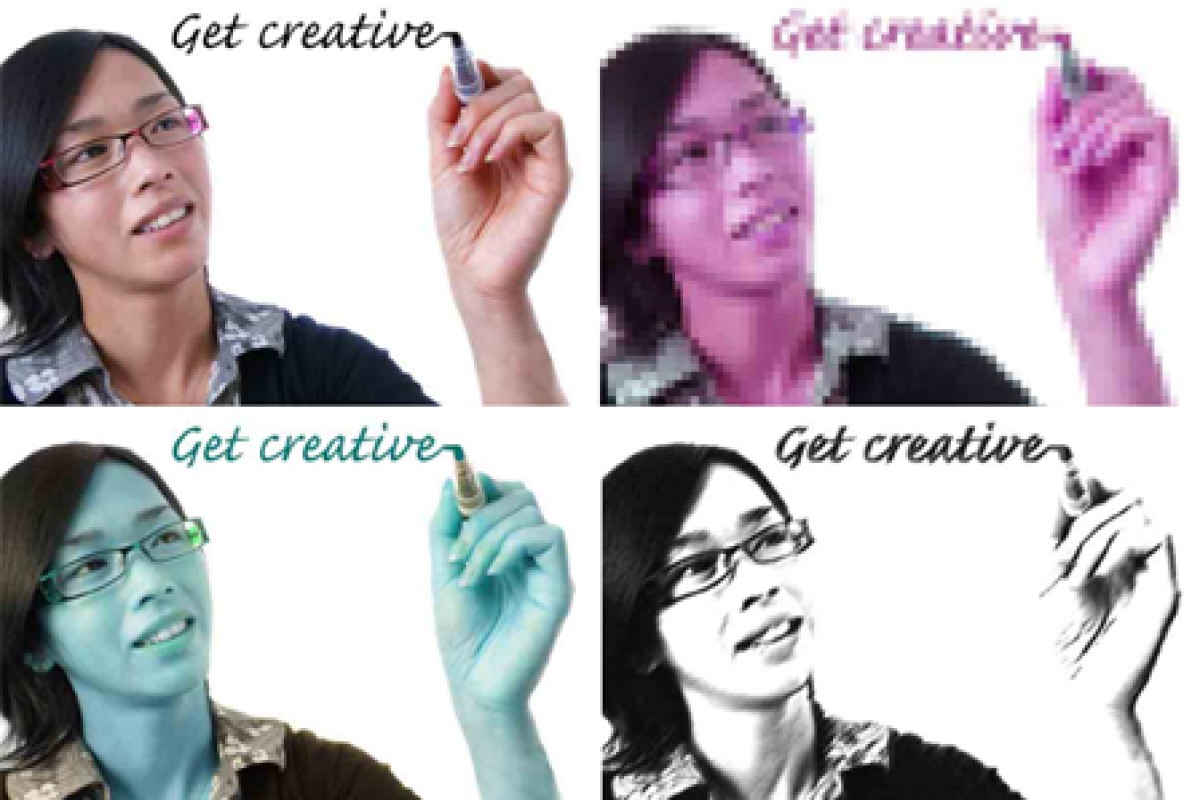
Step 4: Get creative with your methods of presentation
 iii
iiiVerity Aylward
To be an effective independent learner, you need to be good at communicating what you know. Developing your presentation skills is very important, not just for exams but also for future education and employment opportunities.
Students should know how to present information in a really interesting way. This takes imagination and planning.
You'll stand out from the pack
Make sure you can answer these questions before you deliver your presentation:
1 Who is my audience? Your audience can be global these days if you're thinking about sharing a project online. Perhaps you'd like a more limited audience. Think about who they are. What do they like? What aspects of your project might they be interested in?
2 What do I want them to learn? Think of five main things that your audience would want to know.
3 How will I teach them and what will I do to keep them engaged? Think about your audience: the average mind starts to wander within 10 minutes, so what strategies will you use to engage them? How will you rev things up every 10 minutes?
Presentation methods - take your pick
Design
Create a flyer or a brochure to demonstrate what you have learned or paint a large mural depicting your research.
You can incorporate your own designs and images or drag them into software platforms like Comic Life (look at websites).
You could use PowerPoint, but remember to include as few words on a slide as possible, and lots of images, graphs or charts. Why not build your own diorama? A diorama is a three-dimensional, full-size replica or scale model of a landscape typically showing historical events or cityscapes.
Drama and music
Whether you are working on your own or collaborating with others, it takes imagination to demonstrate what you have learned by writing and performing a short comic drama, or composing a rap.
To get an idea of this, visit the website link at the end. If you have access to information and communication technologies, then your presentation might include more recent 21st century tools:
Audio-visual: You can present your research as an interview or a documentary, or you can write a newscast that you can deliver live from your newsroom. Use your own camera to film, import, edit and produce your video and share it with your audience using the range of platforms available.
Podcasts are a great tool for presenting your findings and can be produced in many ways - you can download Audacity or use platforms already on your computer.
Websites: You could create a homepage for your presentation with links to appropriate resources or write a FAQ (frequently asked questions) on your topic.
On platforms like Wetpaint you can create your own website and incorporate many social networking elements.
You can choose to set up your own blog using Blogger or Word Press. This is quick, easy and fun.
Wikis offer a great opportunity to produce high-quality content for your presentation. They provide an excellent point of reference and source for learning.
Format your presentation
Whichever method you use to deliver your findings, make sure that you include:
An introduction: Capture your audience with a clear, snappy and interesting introduction. A title with a question is a good start.
Main points: Decide on the key areas that you are going to explain. Interact with your audience.
Conclusion: Instead of repeating your introduction, why not express an opinion or reflect on the main things that you learned during the process of your inquiry?
Always make sure that you keep a record of your presentations in an e-portfolio or virtual CV. Then you can use them as reference, share them with others or make them available for teachers or future employers.
Websites
Comic Life: http://plasq.com/comiclife - offers free 30-day trials
Rap: www.educationalrap.com/free-resources
Social website: http://www.wetpaint.com/page/sites?zone=globalNav
Wikis: http://www.wikispaces.com
Podcasts: http://audacity.sourceforge.net
Virtual resume: www.visualcv.com
Verity Aylward has been a secondary school teacher for more than 10 years. She is the author of the book Mind Explosion: Max Out Your Brain for Exam Success. For more information about the author and her book, go to www.mindexplosionbook.com